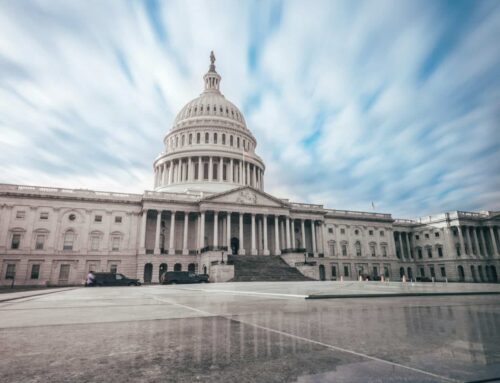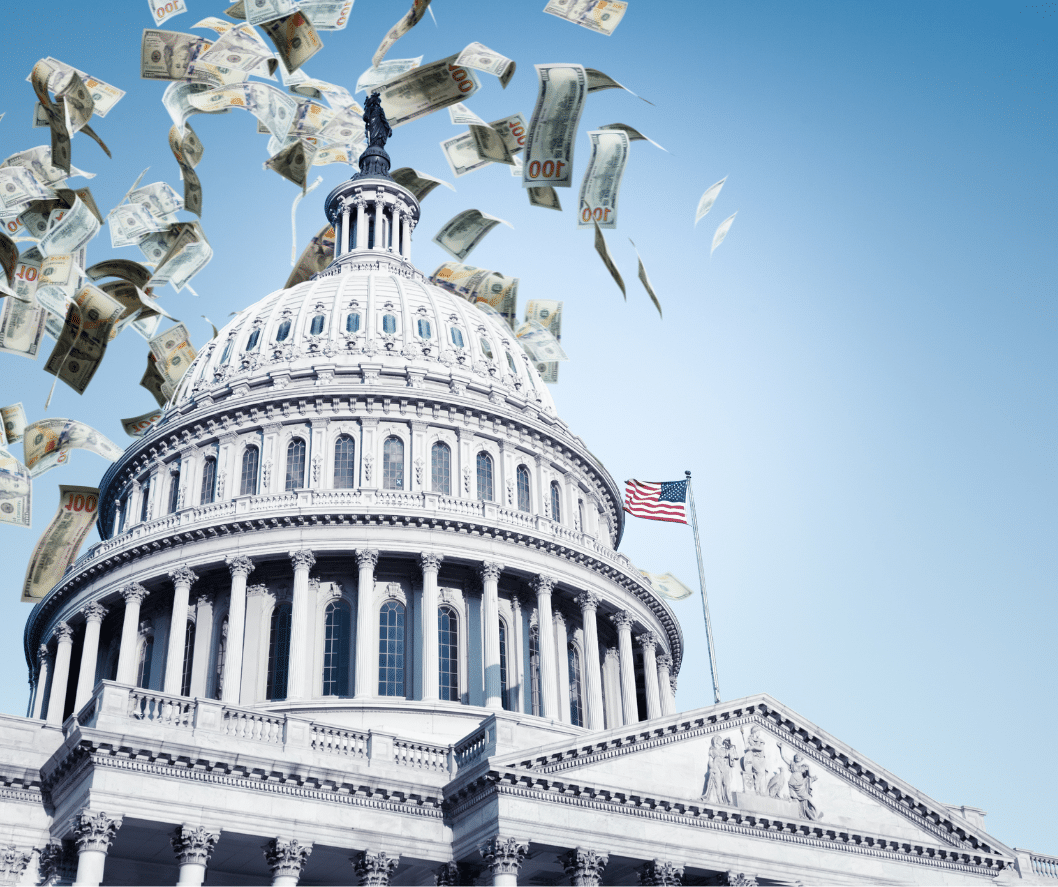As the horizon fades on yet another budget year for the US government, Congress is scrambling to pass continuing resolutions that will keep the government open for business until they manage to pass the thirteen spending bills. Although their legislative tardiness is in no way out of the ordinary, the past year's drastic reversal from budget surpluses to budget deficits has presented Congress with the additional, unwelcome task of figuring out how to get the fiscal train back on track.
Sadly, instead of making it a priority to meet our nation's fiscal needs, the trend for Republicans and Democrats alike has been to focus on political posturing for pet projects that satisfy home district constituencies. This week the Democrats are kvetching about President Bush playing politics with Iraq, but the sad fact is that almost every piece of legislation that Congress has considered this year has been the focus of partisan election year politics.
The economic realities before us have become stark in most American households where on a daily basis many are making the difficult choice to restrain spending until the family budget is more secure. As Congress debates how they spend our money, the majority of Americans want to see them making common sense decisions that will move us closer to balancing the budget.
In explaining the difficult task at hand to the House Budget Committee two weeks ago, Federal Reserve Chairman, Alan Greenspan, stated, “We are all too aware that government spending programs and special tax benefits can be easy to initiate or expand but extraordinarily difficult to trim or shut down once constituencies develop that have a stake in maintaining the status quo.” In light of the recent growth in federal government spending that is reminiscent of the Reagan era, Congress needs accept the obvious and start tightening belts and stop busting the budget.
One thing that might help Congress discipline themselves will be to extend the budget enforcement rules known as PAYGO, or “pay-as-you-go,” which are set to expire on Sept. 30. PAYGO requires that tax cuts or spending increases not provided for in an annual congressional budget resolution must be offset by revenue increases or spending cuts. The current PAYGO extension will not include an overall spending cap on the budget spending bills.
Phil Gramm, R-Texas, has been insisting the Senate adopt a discretionary spending cap, and that it be in line with the President's budget reqest of $759 billion. Gramm has said it is unfair to extend PAYGO, which raises additional hurdles for tax cut legislation, without some restrictions on spending increases. We agree that any PAYGO extension should include an aggressive cap on federal spending.
Bush's budget chief, Mitch Daniels barely gives the government a fighting chance of balancing the budget any time before 2005. In the past year, lawmakers have irresponsibly put the nation in the red by not taking into full consideration the long-term economic impact of a tax cut combined with massive increases in federal spending. It's time for them to prioritize the nation's long-term economic health over the instant gratification of spending programs that are used for blatant political purposes.










